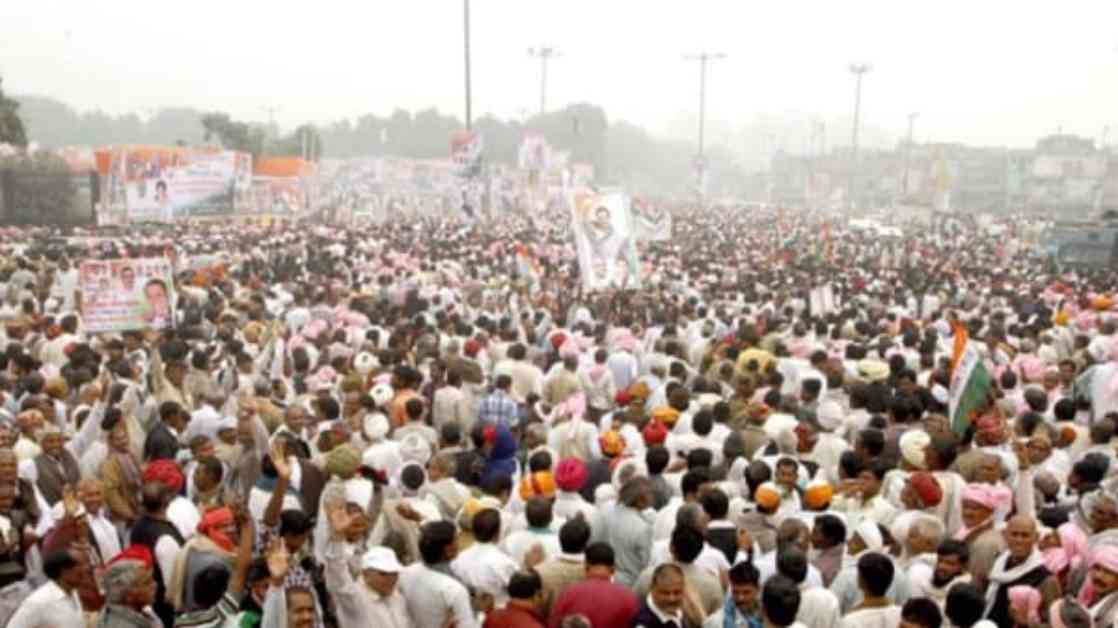US Transportation Secretary Sean Duffy took a firm stance against New York City’s subway system, criticizing Governor Kathy Hochul for alleged neglect of safety and homelessness concerns. Speaking at a press conference in Morris County, New Jersey, Duffy emphasized the need for the subway to be safe, clean, beautiful, and wonderful to encourage ridership.
In a recent letter to Metropolitan Transportation Authority (MTA) CEO & Chairman Janno Lieber, Duffy requested detailed information on crime rates, fare evasion, and plans for enhancing safety within the transit system. The MTA has been given until March 31 to provide a comprehensive response, with the threat of potential withdrawal of federal funding looming if they fail to do so.
Challenges Faced by MTA
The MTA heavily relies on federal funding, receiving as much as $2.5 billion annually to support various projects, including upgrades to subway and rail cars, as well as improving system accessibility. Approximately $14 billion, or 20% of the upcoming multi-year capital plan, is anticipated to come from Washington. The pressure from the Trump administration underlines the critical importance of addressing safety and security concerns within the MTA.
In response to the accusations, an MTA spokesperson expressed willingness to engage in discussions regarding their safety measures and fare enforcement strategies. The agency highlighted a significant decrease in transit-related crimes since 2020, alongside a reported decline in fare evasion since the previous summer. Despite these improvements, the MTA faces mounting scrutiny to ensure the safety and well-being of subway passengers.
Political Disputes and Financial Implications
Duffy’s critique coincides with a broader conflict between the Trump administration and New York officials regarding congestion pricing, a proposed initiative aimed at generating $15 billion for infrastructure enhancements by implementing fees on vehicles entering Manhattan’s central business district. The White House has attempted to block this plan, leading the MTA to pursue legal action to uphold the initiative amidst ongoing challenges.
Governor Hochul has responded to the concerns by deploying additional National Guard troops to patrol the subway and assigning two police officers to every overnight train. These measures are framed as part of a proactive response to recent high-profile incidents that have shaken public confidence in the subway system. Despite these efforts, the MTA continues to face scrutiny and demands for immediate improvements to ensure the safety and well-being of all commuters.
In conclusion, the ongoing tensions between the Trump administration and New York officials underscore the complex challenges facing the MTA in addressing safety, security, and infrastructure development within the city’s subway system. As stakeholders navigate these issues, the need for collaboration, transparency, and effective governance remains paramount to ensure a reliable and efficient public transportation network that meets the needs of all New Yorkers.


























